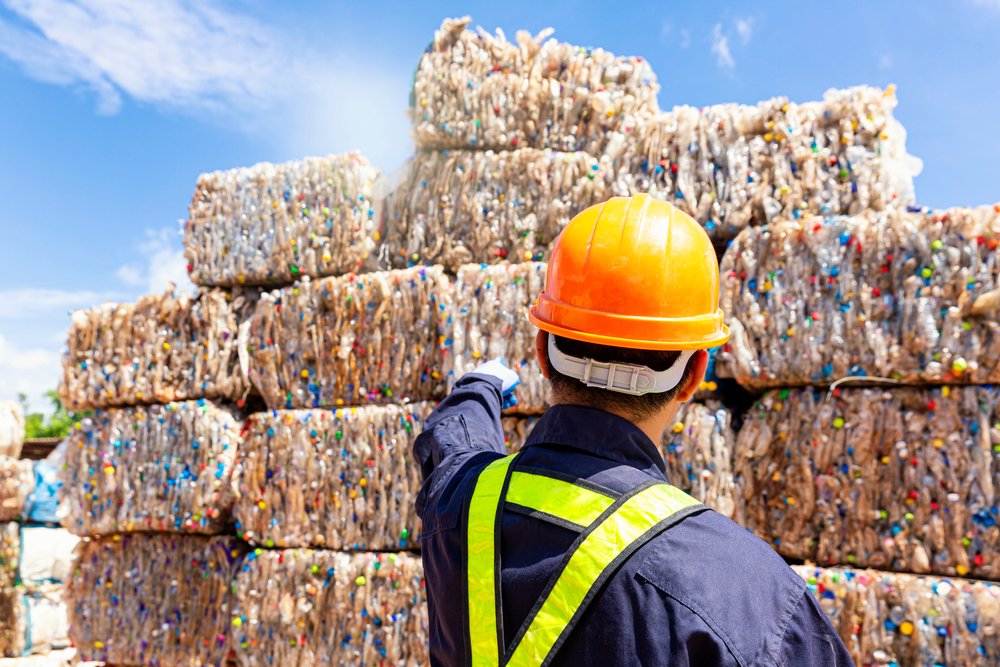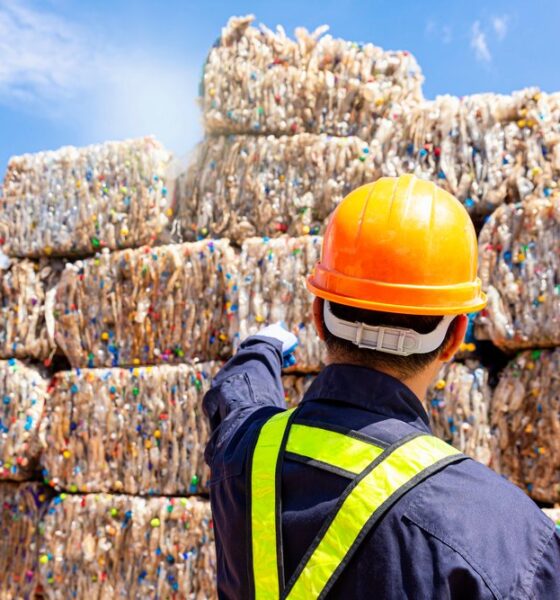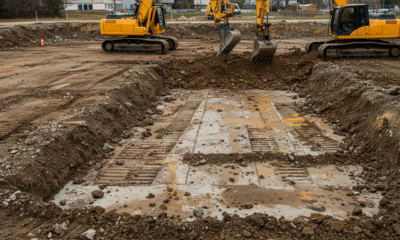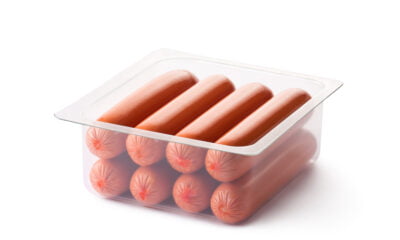

Environment
5 Steps to Take When Starting a Lucrative Recycling Business
The United States recycles around 69 million tons of waste every year. You can take advatnage of the growing need for recycling services by starting your own recycling business.
Starting a recycling business is a great way to earn an income while promoting sustainability. However, while it might seem like a simple venture, a recycling company requires a lot of time and investment to succeed.
Check out this article if you’re interested in learning how to start a recycling business. Below you’ll discover why this industry is worth going into and how to set up one.
Benefits of Starting a Recycling Business
Are you thinking of starting an eco-friendly business? Starting a recycling business might be your best bet. Many perks come with starting a recycling business. Some include:
- Promoting a cleaner environment
- Making a steady income
- Building a stronger and safer community
- Reducing energy consumption
You should consider going this route if these benefits appeal to you.
5 Tips for Beginning a Recycling Business
1. Make a Plan
One of the first things you’ll need to do is heavily research the industry. You’ll need to check what tools are necessary and local regulations. Besides this, search out a site. Often, you’ll need to find a place that was zoned for such a purpose.
During your planning, make sure to look at your finances. Setting up a recycling business can be a pricey investment at first. First, you must confirm that you have enough to purchase machinery (like trucks and dumpsters), pay employees, and pay fees such as insurance and electrical bills. You might consider taking out a loan to assist with this. Some states even offer grants.
Remember that you must carefully manage your finances from the beginning. For example, it’s easy to overspend or invest in loans you might not be able to pay back. To prevent this, carefully critique your needs and current financial situation so you can determine the right path.
2. Pick a Niche
Another thing to contemplate is whether you want to specialize in certain items. For instance, if you want to recycle plastic, you’ll likely need more powerful machines to process them than those for paper and cardboard. While you can recycle both, offering too many services can become overwhelming and expensive.
Some things to consider specializing in include:
- Plastics
- Paper
- Medical waste
- Glass
- Scrap metal
- Electronics
Remember – most states have regulations regarding how to dispose of certain items, especially if they’re somewhat hazardous. For example, if you plan to work with medical waste, you might be required to steam and disinfect objects before fully recycling them.
You also need to understand the processes for recycling specific goods. For example, electronics are more difficult to recycle, so you want to know what you are doing when recycling them.
3. Register Your Business
The next step is to file your business with the local government legally. There are a handful of entities you can register under:
- Limited liability company (LLC)
- Partnerships
- Sole proprietorship
- Corporations
Most recycling businesses will benefit from forming an LLC. For instance, if considering to start an LLC in Florida for a recycling business, you will have more tax benefits and options.
Once you decide on the best option, you can legally apply to open your recycling business under your preferred company name. While you usually need to stop by a local governmental agency to do so, sometimes you can also file this paperwork online.
4. Purchase Equipment
After you’ve made a strong plan and figured out which area to specialize in, you’ll want to look at getting equipment.
This step can be quite daunting as there’s a lot of machinery to choose from. Some you might need to purchase include:
- Balers
- Compactors
- Pulverizers
- Shredders
You’ll also want to get machinery to help with transporting items, like forklifts. These will help quickly move items that might otherwise be difficult to do.
To ensure that you can lift heavy or large loads, fork extensions might be worthwhile. These high-quality steel reinforcements are load-tested, so there’s no need to fear them collapsing under pressure. They’re also tapered so you can easily move objects. These extensions can also be custom-fitted, so they work well for your needs and don’t scratch your forklift.
Depending on your business, you might also need to invest in trucks to pick up items to bring to your recycling center. You can usually find one at a commercial truck dealer who will have a few models for you to choose from.
5. Reach Out to the Community
The last step toward building a strong recycling business is to find customers. Advertise yourself to the surrounding community and showcase why your services are worth using. You might even reach out to nearby businesses to collect their waste.
A great way to make your presence known is by creating a website. Then, with the help of SEO, you can reach your target audience. Make sure that your site has adequate information (such as where to purchase your recycle bins) and is easy to navigate. Otherwise, you might lose viewers.
Social media is another fantastic way to find customers. You can post pictures and other information to stay relevant. By adding hashtags to them, you’ll also have a better chance of connecting with potential clients.
Starting a recycling business has many perks, but establishing one successfully takes time and effort. With this information, you can better prepare yourself for what’s ahead.


 Environment12 months ago
Environment12 months agoAre Polymer Banknotes: an Eco-Friendly Trend or a Groundswell?

 Features11 months ago
Features11 months agoEco-Friendly Cryptocurrencies: Sustainable Investment Choices

 Features12 months ago
Features12 months agoEco-Friendly Crypto Traders Must Find the Right Exchange

 Energy11 months ago
Energy11 months agoThe Growing Role of Solar Panels in Ireland’s Energy Future




























